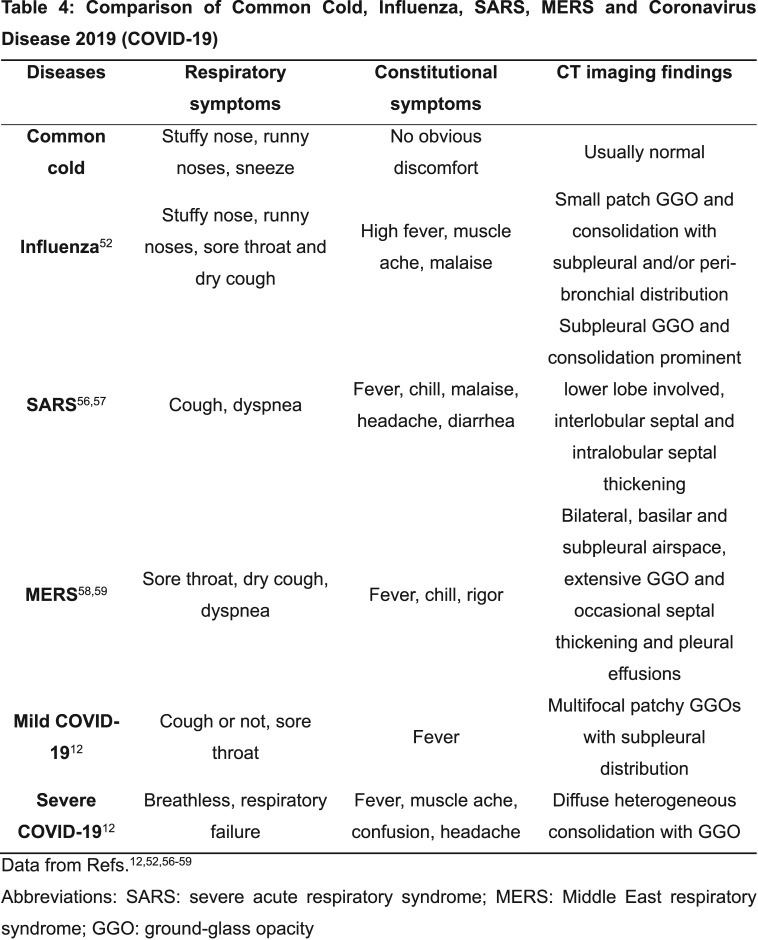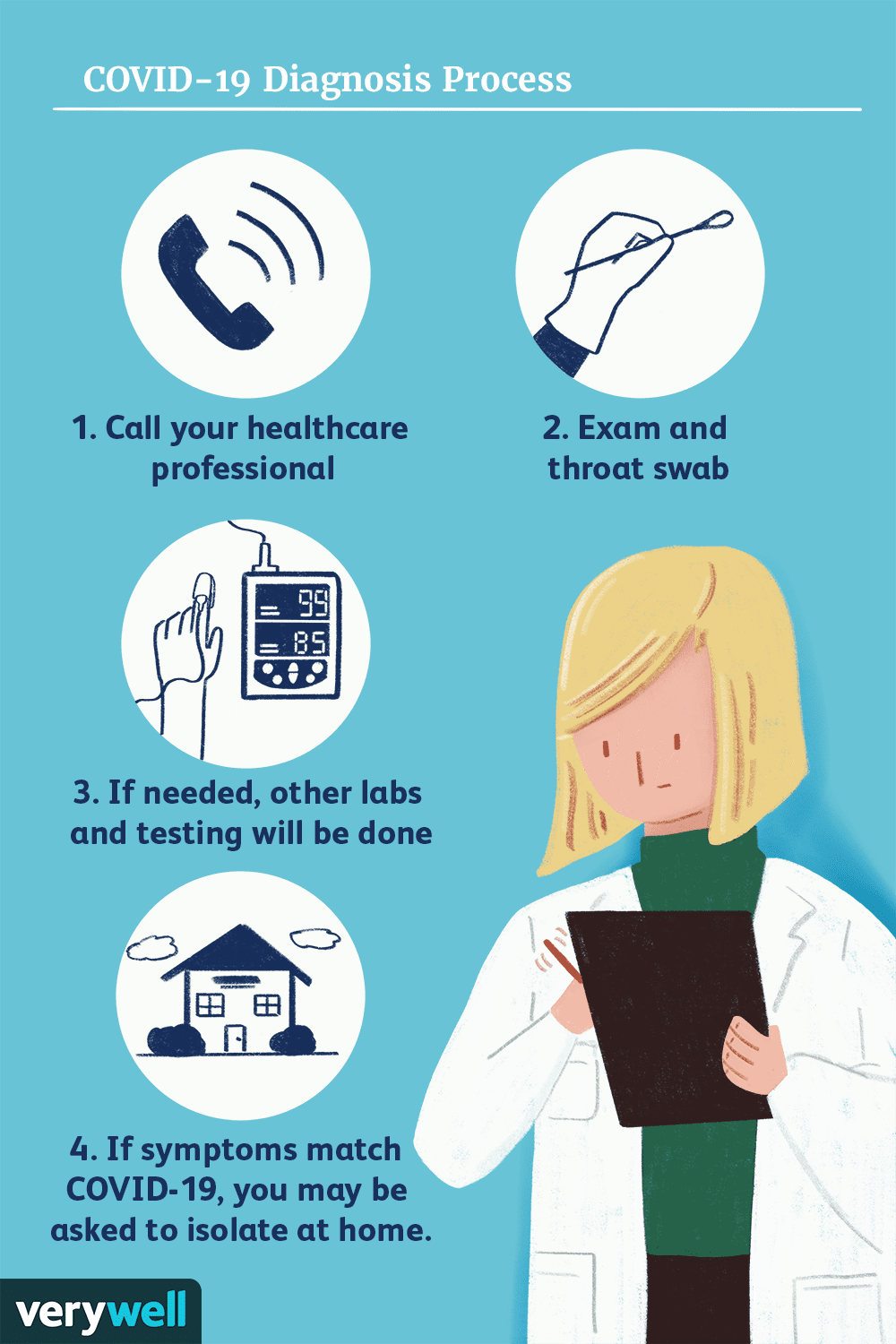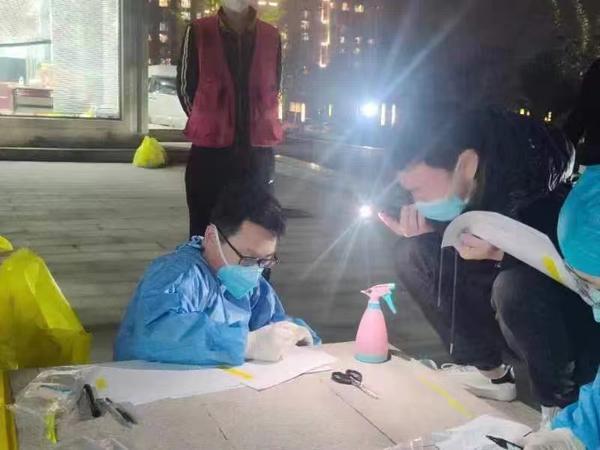Introduction
The world has witnessed an unprecedented health emergency since the emergence of the novel coronavirus (SARS-CoV-2) in late 2019, which led to the outbreak of the COVID-19 pandemic. This highly contagious respiratory illness has not only reshaped the healthcare systems of nations but has also had far-reaching implications on economies, education, social dynamics, and global politics. This comprehensive review aims to provide an in-depth analysis of the COVID-19 pandemic, its origins, global spread, impact on various sectors, response measures taken by governments and international organizations, and the ongoing efforts towards vaccination and recovery.
Origin and Early Outbreak
The first cases of COVID-19 were reported in December 2019 in Wuhan, the capital city of China's Hubei province. Initial investigations suggested a link to a seafood market that sold live animals, raising concerns about zoonotic transmission. However, subsequent studies have not conclusively established the exact source of the virus, with some theories pointing towards an animal-to-human transmission at a larger food market or a combination of factors involving imported frozen products.
The World Health Organization (WHO) declared the outbreak a Public Health Emergency of International Concern (PHEIC) on January 30, 2020, marking a turning point in global health history. By this time, the virus had already spread to other provinces in China and beyond, sparking alarm bells worldwide.
Global Spread and Impact
The rapidity and scale of COVID-19's global spread were unprecedented. Within months, the virus had traversed continents, infecting millions and causing thousands of deaths. The virus's high R0 (basic reproduction number) – the average number of people an infected individual will pass the virus on to – made containment efforts challenging. Air travel facilitated its rapid dissemination, with international flights becoming vectors for global dissemination.
The economic impact was profound. Businesses closed their doors, supply chains were disrupted, and unemployment surged. The tourism industry, in particular, took a severe hit, with many countries implementing travel bans and quarantine measures to slow the spread of the virus. The loss of income for small businesses and self-employed workers exacerbated poverty and inequality.
Education systems were upended as schools and universities shifted to online learning, disrupting the learning process for millions of children and青年 students worldwide. The mental health consequences of lockdowns, social distancing, and loss of routine were also significant, with reports of increased anxiety, depression, and domestic violence.
Government and International Responses
Governments around the world responded to the pandemic with a mix of measures aimed at mitigating its impact: lockdowns, social distancing, testing and tracing, and the implementation of non-pharmaceutical interventions (NPIs). While some countries faced criticism for their initial responses being too slow or too harsh, others were praised for their swift action and transparent communication.
International organizations played crucial roles in coordinating global efforts. The WHO led the way in providing technical guidance, monitoring the pandemic's evolution, and advocating for equitable access to vaccines and treatments globally. The G20, UN Security Council, and other multilateral institutions emphasized the importance of cooperation in addressing the economic and financial implications of the pandemic.
Vaccine Development and Distribution
The race for a COVID-19 vaccine was one of the most significant scientific endeavors in recent history. Within a year of the pandemic's declaration, multiple vaccines were developed through rapid research and development processes utilizing advanced technologies like mRNA and adenovirus vectors. The successful completion of clinical trials and subsequent approvals by regulatory agencies marked a turning point in the fight against the virus.
Vaccine distribution, however, presented its own set of challenges. Equitable access became a major concern, with low-income countries facing delays in receiving vaccines due to supply chain issues and challenges in cold chain management. The COVAX facility, a global initiative aimed at ensuring equitable access to vaccines for all countries, faced criticism for its slow rollout and inadequate funding.
Recovery and Lessons Learned
As vaccination rates increase and life gradually returns to some form of normalcy in many parts of the world, it is crucial to reflect on the lessons learned from the COVID-19 pandemic. The importance of public health infrastructure, investment in scientific research and development, and strengthening global health governance have become evident. The pandemic underscored the need for better preparedness for future health emergencies, including investing in digital health infrastructure for better surveillance and response.
The role of technology in both mitigating the spread of misinformation and facilitating remote work and learning has been instrumental. However, it has also raised concerns about privacy, data security, and digital divides. The pandemic has underscored the importance
转载请注明来自爬爬百科,本文标题:《全球卫生危机,COVID-19大流行的全面回顾》












 京ICP备11000001号
京ICP备11000001号
还没有评论,来说两句吧...